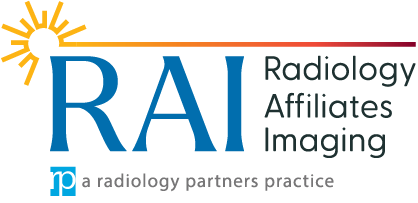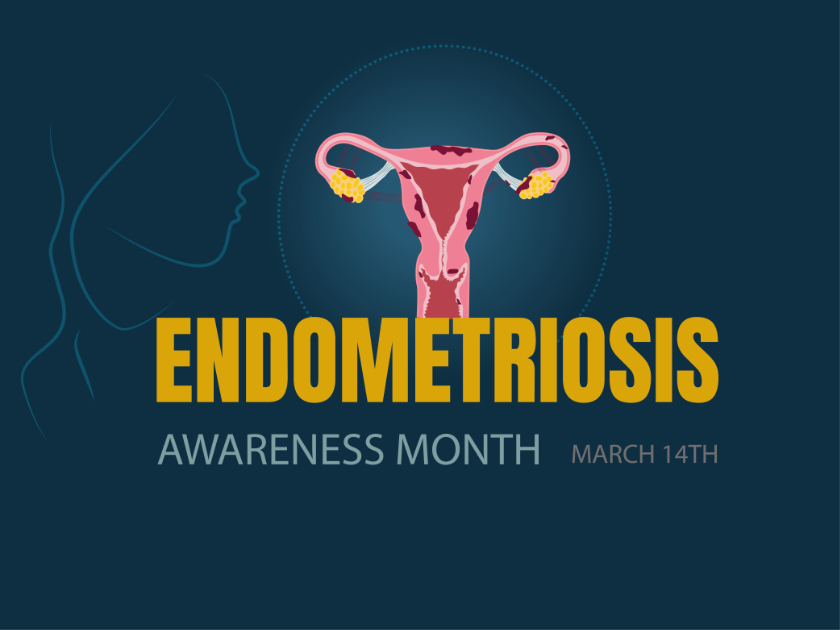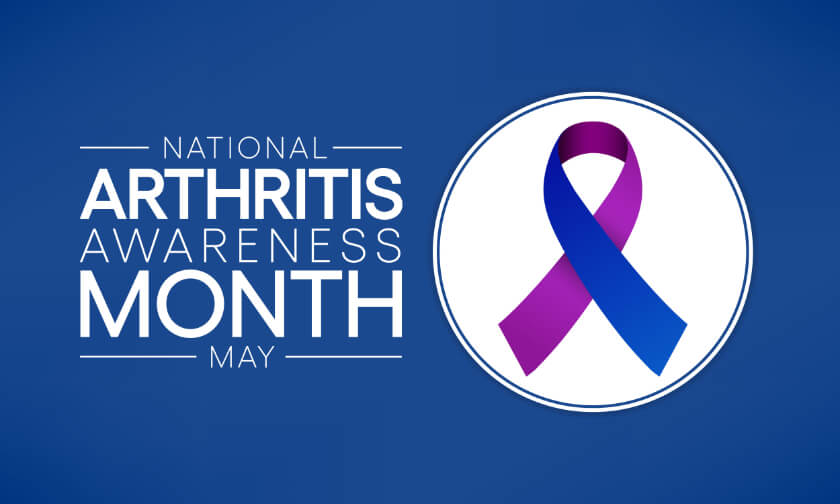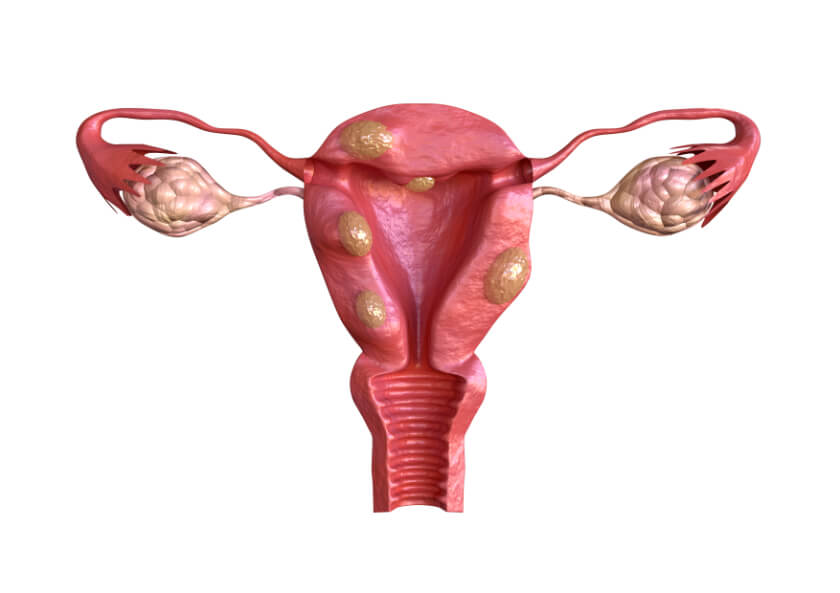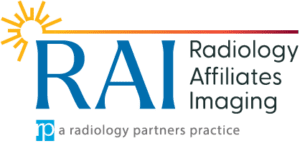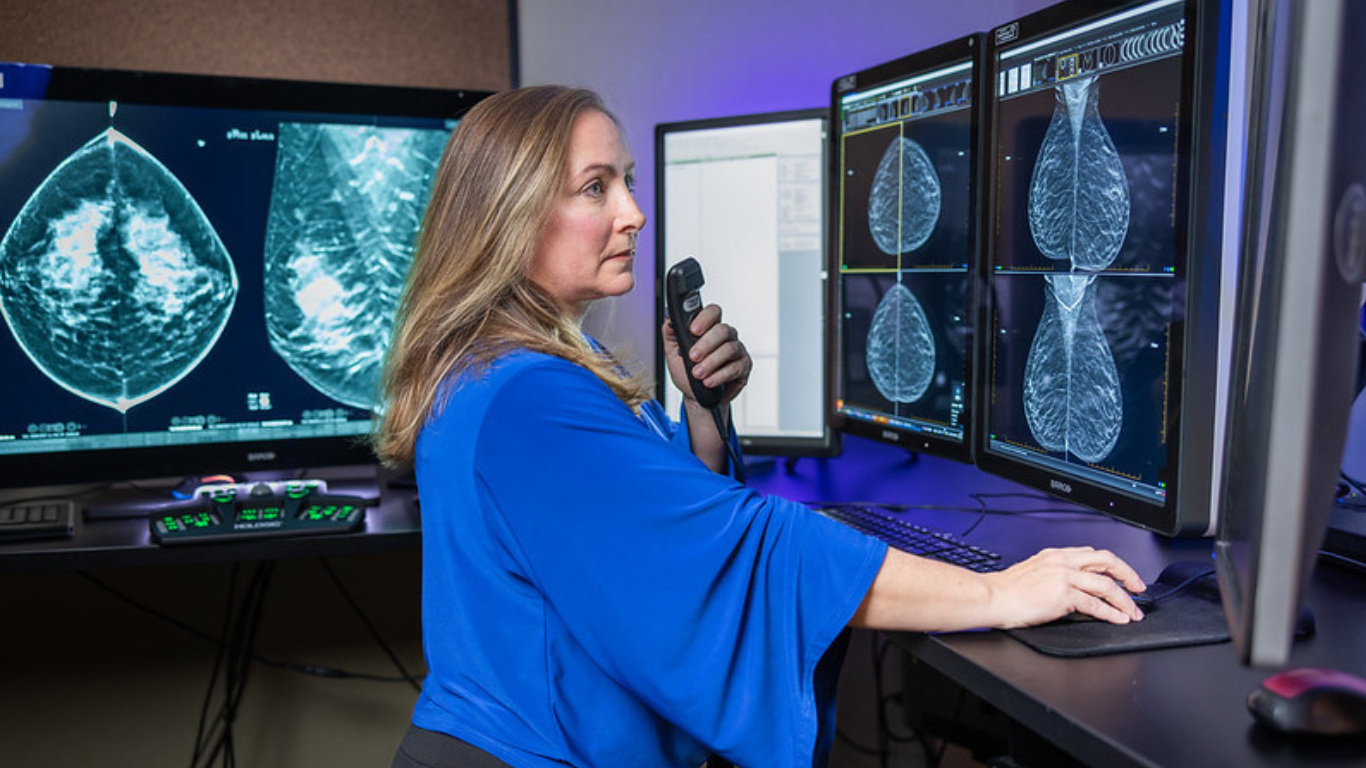

When Is It Best to be Screened for Breast Cancer?
Starting mammograms at age 40 for average risk women is a huge improvement over age 50, but more changes needed.
This month, the U.S. Preventive Services Task Force updated its breast screening recommendations: mammograms should start at 40, a much needed improvement from the previous guideline to make an individual decision before age 50.
“The medical evidence has been there to support mammograms at 40, so it is good news that the task force has caught up with what physicians have been advocating for,” says Eric Bosworth, medical director of outpatient imaging at Radiology Affiliates Imaging. “Age 50 is far too late to start mammograms. The patients we see with cancer are sometimes even younger than 40 without any family history.“
However, radiologists and many primary care providers continue to push the task force to update frequency guidelines to annual screening mammograms, as recommended by the American College of Radiology, American Cancer Society, and others. “When I look at a mammogram of a patient who is positive for cancer, I am reminded about how aggressive cancer can be,” adds Bosworth. “My advice to women is simple: do not give cancer another year to advance. Get screened every year. There is a reason an annual mammogram is covered by insurance.”
Research published in the February issue of Radiology gives further proof that greater frequency
saves more lives. Annual mammograms have reduced breast cancer mortality by nearly 42 percent. “The biggest takeaway point of our study is that annual screening beginning at 40 and continuing to at least age 79 gives the highest mortality reduction, the most cancer deaths averted, and the most years of life gained,” said lead researcher Debra Monticciolo, MD, a professor of radiology at Dartmouth. “There’s a huge benefit to screening annually until at least 79 and even more benefit if women are screened past 79.”
Bosworth says he expects the task force’s position will change in light of the chorus of evidence. “We all know annual mammograms save lives. Fortunately, we are leading the way in New Jersey, where state law requires insurance to cover an annual screening mammogram. We just need all women to realize this is their best defense and to stay vigilant.”
That vigilance includes:
- All women should have a breast cancer risk assessment with their doctor by age 25 to determine risk and follow ACR guidelines for their risk category.
- Women at higher risk for breast cancer, including those with BRCA gene, should talk to their doctor about when to begin mammograms prior to age 40.
- Women with dense breast tissue may need additional testing, such as ultrasound and MRI.
Eric Bosworth, MD, is medical director of outpatient imaging for Radiology Affiliates Imaging.

Related Posts
March is National Endometriosis Month
The Endometriosis Association began the event in 1993. Today, National Endometriosis Awareness M
May is Arthritis Awareness Month
Arthritis is a very common condition, but it is also misunderstood. Many people think arthritis
What are Fibroids?
Uterine fibroids are tumors that develop in the uterus, or womb, which is the organ of the femal
